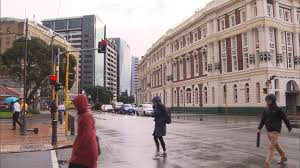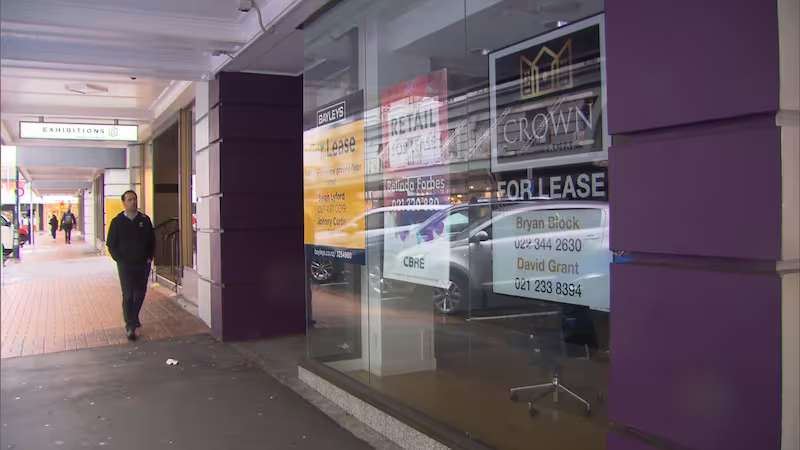Wellington is currently facing a tough period with many businesses struggling and a significant drop in consumer confidence. The city’s public sector is experiencing job cuts, and the rising cost of living is causing people to spend less.
A local resident shared on Breakfast that the high cost of living makes it difficult to go out and support local businesses. Hayden McMillan, owner of the restaurant Loretta, highlighted the importance of hospitality as the “soul of any city,” but noted that with fewer customers, it’s challenging for businesses to survive. He mentioned that their business is down 20% compared to last year.
“I’ve been reading many economist columns, and they all suggest that recovery is coming. History shows that we’re at the bottom of a cycle, and things will improve,” McMillan said.
Many of the job cuts in the public sector—around 6377 according to ministries and the PSA—are affecting Wellington, with some of these cuts involving vacant roles that aren’t being filled.
Simon Arcus, chief executive of the Wellington Chamber of Commerce, explained on Breakfast that while everyone is struggling, Wellington faces additional challenges. He likened the current situation to the pandemic, with public sector cuts creating uncertainty and hesitation in spending.
“People need to spend on essential things like health and safety compliance for staff, and we believe people will eventually overcome the shock and start celebrating the city again,” Arcus said. “Wellington is a great city, just going through a tough patch. We’re optimistic about the future.”
The latest report from the Restaurant Association showed a 5.5% drop in sales for Wellington’s hospitality sector in the first quarter of 2024 compared to the previous year, while nationally, there was a 5.6% growth.
Westpac’s consumer confidence survey indicated a drop in Wellington’s confidence from 90.1 in March to 79.3 in June. The average confidence level is 111.4, where over 100 means more optimists than pessimists.
Arcus emphasized the importance of Wellington’s creative identity and its vibrant hospitality and retail sectors in sustaining that identity. “Creative people often rely on hospitality and retail jobs to support their passions in the arts. The creative side of the city will play a crucial role in its recovery.”
He acknowledged that while the future looks hopeful, many industries are feeling the strain right now. “It’s a broad-based challenge, but we’re looking forward to the turnaround.”
Overall, the sentiment is one of cautious optimism, with the belief that Wellington will eventually bounce back from its current difficulties. Source 1News



